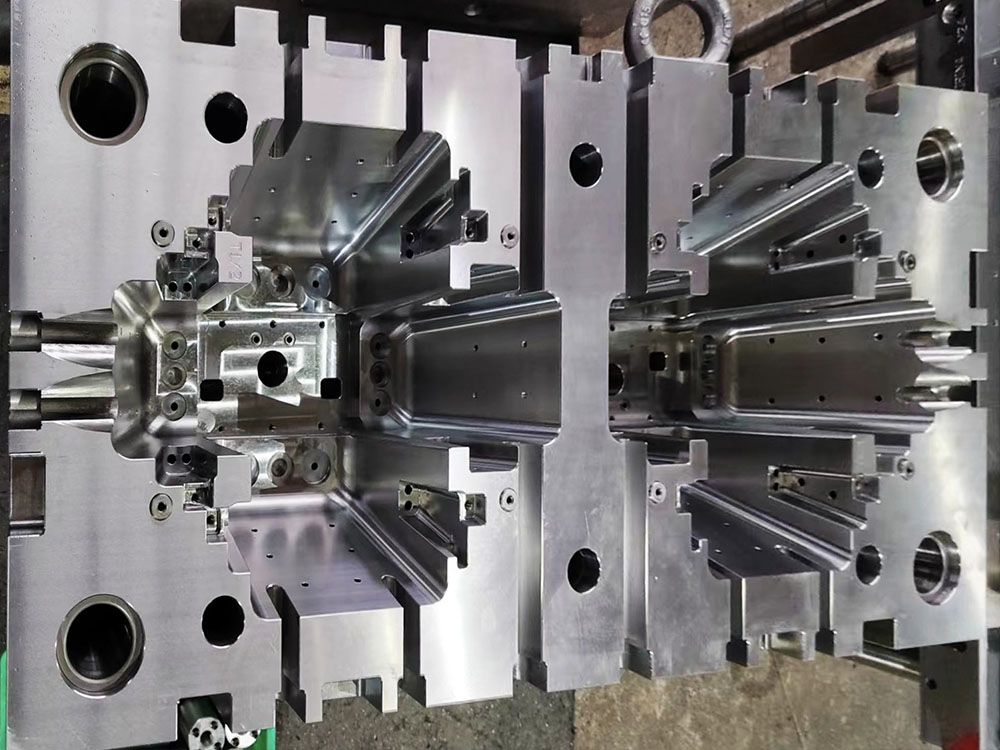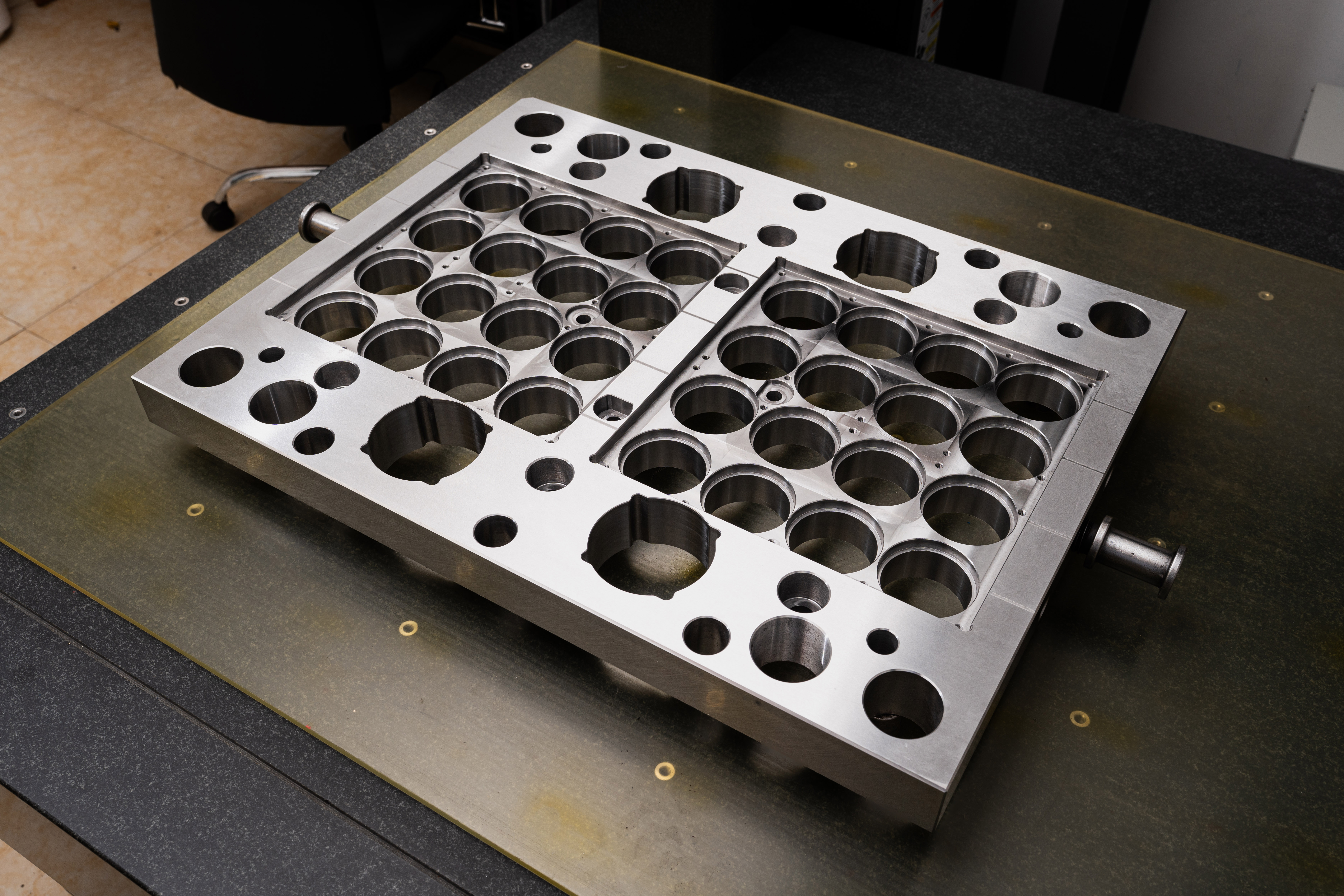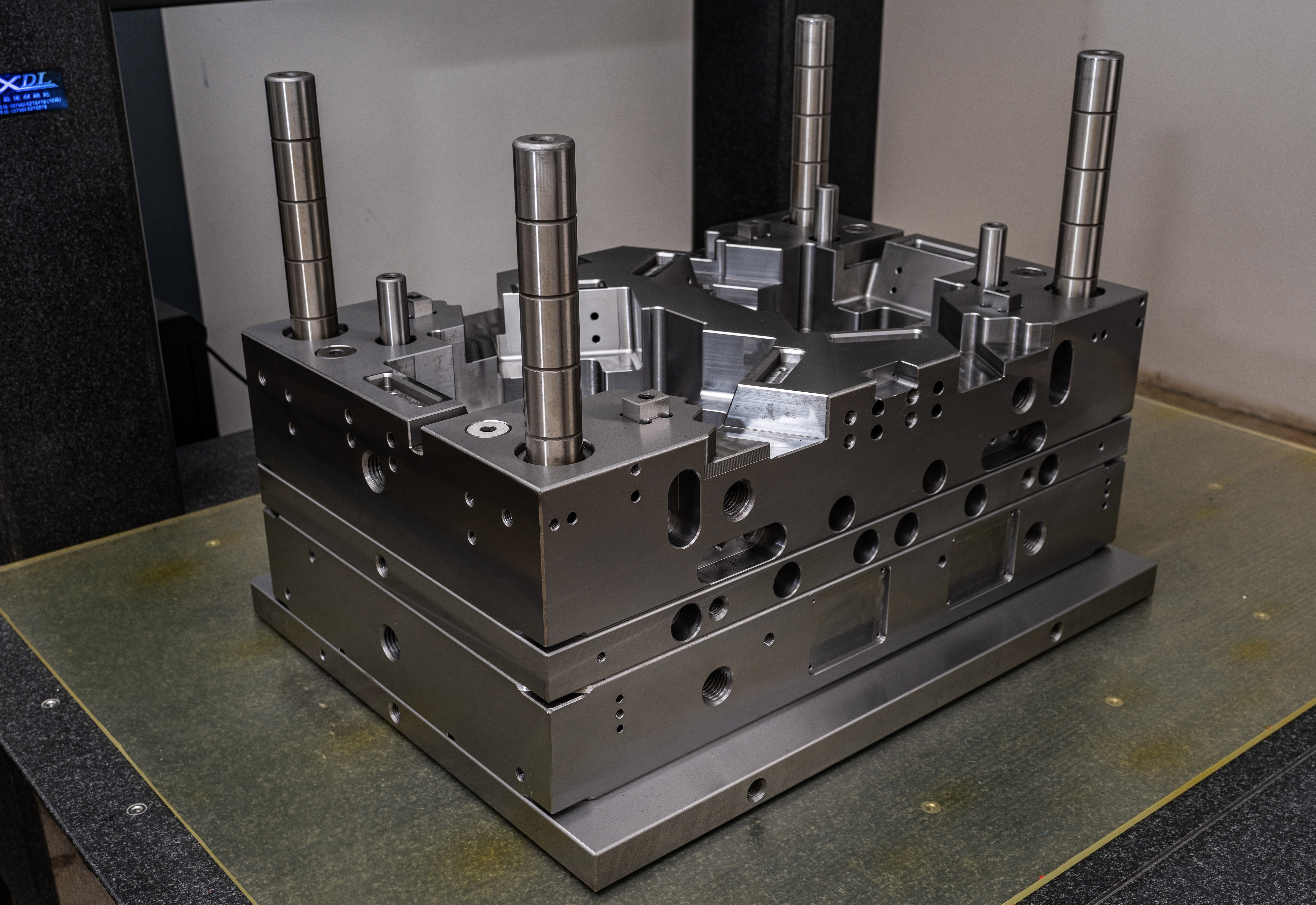Introduction
CNC machining is a crucial technique in the mold base industry. It entails the usage of computer numerical control (CNC) systems to automate the manufacturing process. This article will explore the various aspects of CNC machining and its significance in the mold base industry.
What is CNC Machining?
CNC machining is the process of using pre-programmed computer software to dictate the movements of machinery and tools. It enables manufacturers to produce high-precision parts and components with intricate designs and complex geometries. CNC machines can be used for milling, turning, drilling, and other operations.
Why CNC Machining in the Mold Base Industry?
CNC machining plays a critical role in the mold base industry. Mold bases are the foundation of molds used for manufacturing products in various industries, such as automotive, aerospace, and consumer goods. CNC machining enables the accurate and efficient production of mold bases, ensuring the quality and reliability of the final molds.
CNC Machining Process
1. Designing: The process begins with the creation of a 3D design or model using computer-aided design (CAD) software. This design serves as a guide for the CNC machine.
2. Programming: Once the design is ready, CNC programmers create a detailed set of instructions, known as the CNC program. This program provides information about tool paths, speeds, and feeds.
3. Set-up: The next step involves mounting the workpiece or raw material onto the CNC machine. The machine is then calibrated to ensure precise movements.
4. Machining: The CNC machine executes the programmed instructions to perform the necessary operations, such as milling, cutting, or drilling. The machine intricately removes material to shape the mold base according to the design.
5. Inspection: After machining, the mold base undergoes rigorous inspection to verify its dimensions, tolerances, and overall quality. This step is crucial to ensure that the mold base meets the required specifications.
Advantages of CNC Machining in Mold Base Industry
1. Precision: CNC machining offers unparalleled precision, enabling manufacturers to create mold bases with tight tolerances. This accuracy ensures the proper fit of components, reducing the risk of defects in the final product.
2. Efficiency: CNC machines operate with high-speed and efficiency, significantly reducing production time. This allows manufacturers to meet tight deadlines and increase overall productivity.
3. Versatility: CNC machines can accommodate various materials, including metals, plastics, and composites. This versatility enables the production of mold bases suitable for diverse industries and applications.
4. Automation: The automated nature of CNC machining minimizes human error and increases consistency in production. Once a program is set, CNC machines can repeat the same operations with high accuracy, eliminating manual variations.
Conclusion
CNC machining is the backbone of the mold base industry, providing precise and efficient manufacturing solutions. Its ability to automate processes, ensure high precision, and optimize production times makes it an invaluable technique. As technology continues to advance, CNC machining will undoubtedly play an even more significant role in shaping the future of the mold base industry.




